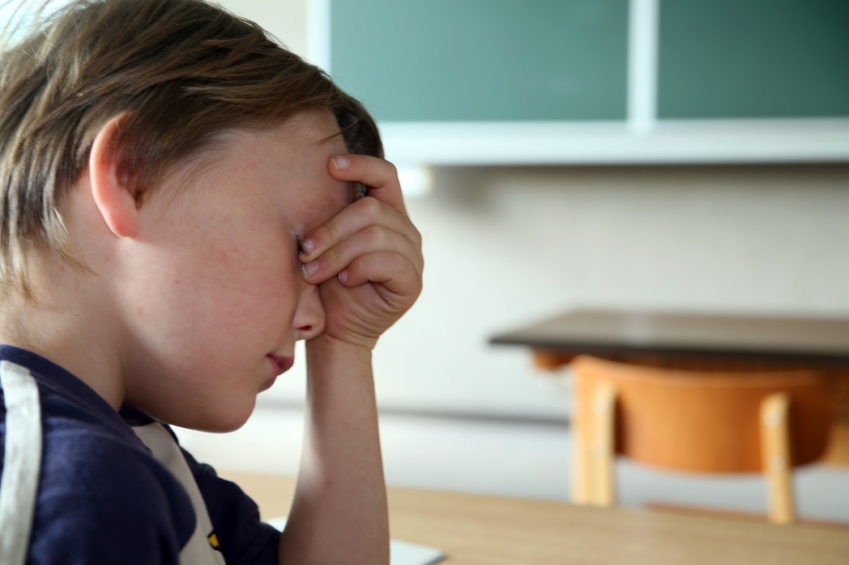As a parent, you want only the best for your child, and the process of upbringing can often be stressful for both sides. To prevent negative results, you should recognize when your children are getting stressed.
Whether it is because of what they are going through in their class or something else, you should always be available to help them cope with it. The idea of this article is to discuss the red flags that you should stay aware of related to kids dealing with high stress.
We will talk about particular stress signs, as well as help you find the most effective methods of fighting through them. Let’s get started!

Anxiety In Kids: Behavioral Changes
These changes include your child being clingy, having a short temper, being aggressive more often than not, and being moody.
You might also notice that your child has a nervous habit – you might catch them biting their nails or losing concentration.
Their fears could increase, like fears of the dark or being alone, as well as being afraid of strangers.
Also, losing interest in school is quite frequent when children are going through a tough period. Apart from not being interested in going to classes or meeting with friends, you may also find your child gathering items of little to no significance.
Anxiety In Kids: Physical Changes
Anxiety and stress have ways of manifesting in the physical being of your child. These are the sorts of things you should notice.
Complaints of headaches, stomach aches, and wetting the bed are all red flags that you should react to. Additionally, if you notice increased or decreased appetite, as well as things like sleeping issues and horrible nightmares, you should communicate about it with your kid.
You could check if there are physical symptoms of a disease, like a rash, diarrhea, or fever. These could all hint at a medical issue that you need to get checked.
What Is the Cause of Intense Stress?
These sorts of anxiety could come from school problems, several family changes, having a conflict with a friend, and all the internal pressures and feelings your child might be battling with.
How To Help My Child Cope With Stress
As a parent, you can start by telling them everything will be okay and that they do not need to stress about things so much. They are just little kids.
If they are stressed out about academic pressure or want to excel and be the best in their school, you need to make them know that it is okay to make mistakes sometimes so that they can learn from them.
If your young kids are scared and anxious about significant family changes, you can do what you can to tell them things will be alright.
That’s life – the only constant thing is change. Worrying does nothing but steal your peace and joy and replace it with pain, anxiety, and stress.
Put It Into Practice
Suppose your child is being bullied, which is a severe problem faced by many kids these days. For a lot of kids, this ends up leading to severe physical harm.
You need to let your child know that you are there for them, and you’re always available to have a conversation with them so they will feel free and comfortable talking to you.
Motivating Your Kid To Communicate
These days, families suffer from more stress than ever before.
If young kids can learn at an early age to correctly respond to the things that stress them out, it will help them cope better and more responsibly with anything and everything that attacks them in the future. For this reason, you must teach your children how to communicate their problems.
This will help kids become more resilient and able to better handle the things life throws at them on their path to success.
Reading books on parenting can also help you recognize the issues that your children may go through, as well as help motivate them to be more open about their stress.

Summary
We are living in fast-paced times where it is quite common that, after dealing with one issue, another one pops up. However, life isn’t always that way.
There are many beautiful things in life, and this is one of the main reasons why you shouldn’t stress over things that you can’t influence. Instead, enjoy the present. By explaining this to your children and staying aware of what they are going through, you will be a better parent and able to guide them to become emotionally healthy adults!





























